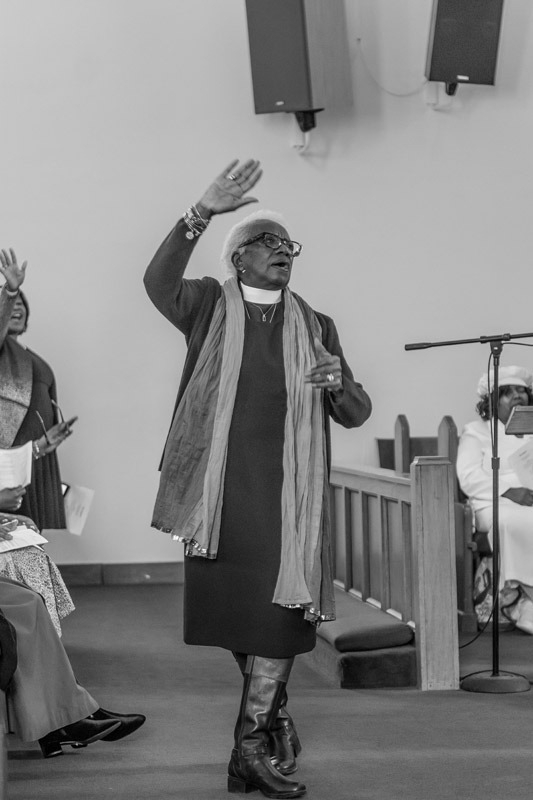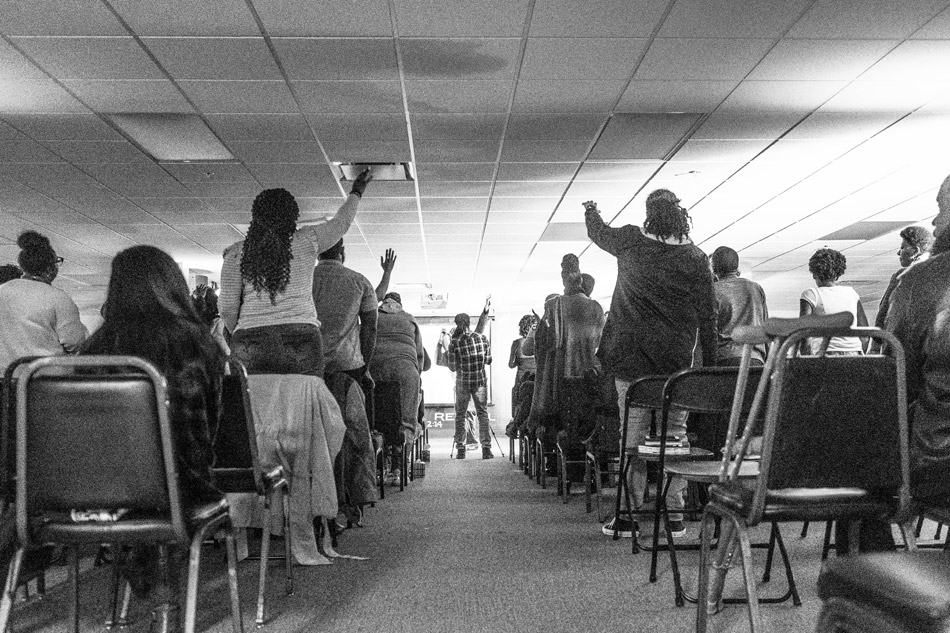
The power of the Black Church on American history and today’s families
BY TIANNA MAÑÓN AND MICHELE ASHLEE
PHOTOS BY MICHELE ASHLEE
The church has long been a pillar of the black community. Certainly, Dr. Martin Luther King Jr. heavily relied on it to organize people and spread his message. It was also critical for the career of Frederick Douglass, the noted abolitionist and social reformer who called Rochester home for 25 years.
Douglass published the first copies of his newspaper, The North Star, in the basement of Memorial African Methodist Episcopal Zion Church. He would also play a key role in the area’s Underground Railroad activites, and one of the stops was in the basement of that church.

From abolition of slavery to Civil Rights, the church has played a major role in the fight for freedom and equality. Even the creation of the African Methodist Episcopal Church was out of resistance.
When the United States Constitution was being written in Philadelphia and “declared that black people were three-fifths of a citizen, right down the street, Richard Allen and other black members walked out of St. George’s Methodist Episcopal Church, where they were relegated to the balcony,” said Reverend James Simmons, leader of Baber AME Church. “They were declaring we are humans with worth and value. They walked out and founded the AME Church. That walkout was the first civil rights protest in the United States.”
A lot of the language and framing around freedom comes from the church, Simmons said. The Bible doesn’t shy away from conflict.
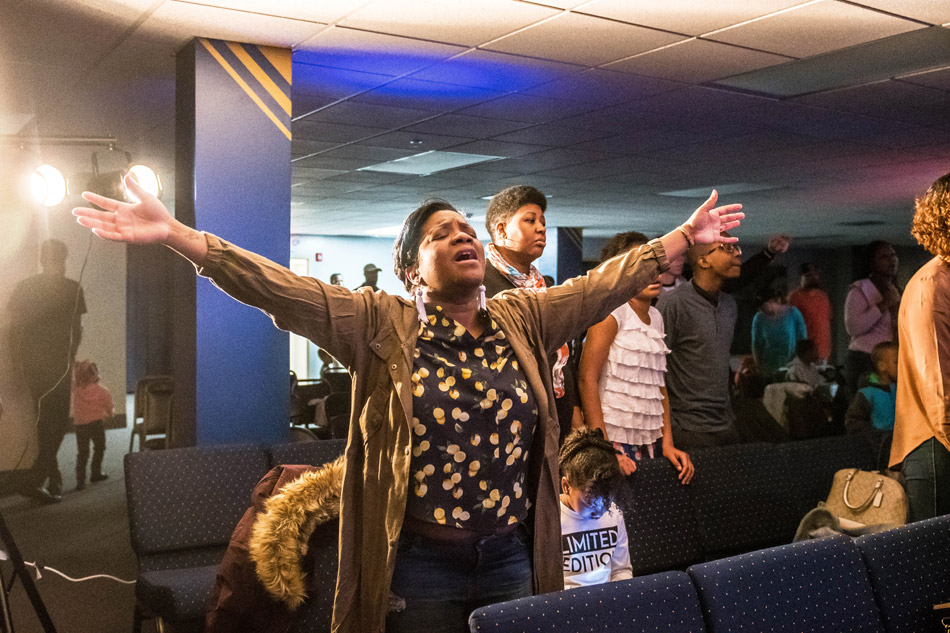
“Jesus comes and right from jump, he says, ‘I come to deal with mass incarceration,’” Simmons said. “Luke 4:18: He says, ‘The spirit of the Lord is upon me because he has anointed me to preach good news for the poor, set me to proclaim: release, freedom for the prisoner and recovery of the sight for the blind.’ Freedom for the prisoner. That right there is mass incarceration … to release the oppressed.”
Baber AME is one of the most socially conscious churches in the Rochester area, particularly when it comes to gun violence. Leaders there hold annual memorials to those lost to gun violence and demand more action from officials and the community to keep Rochester youth alive.
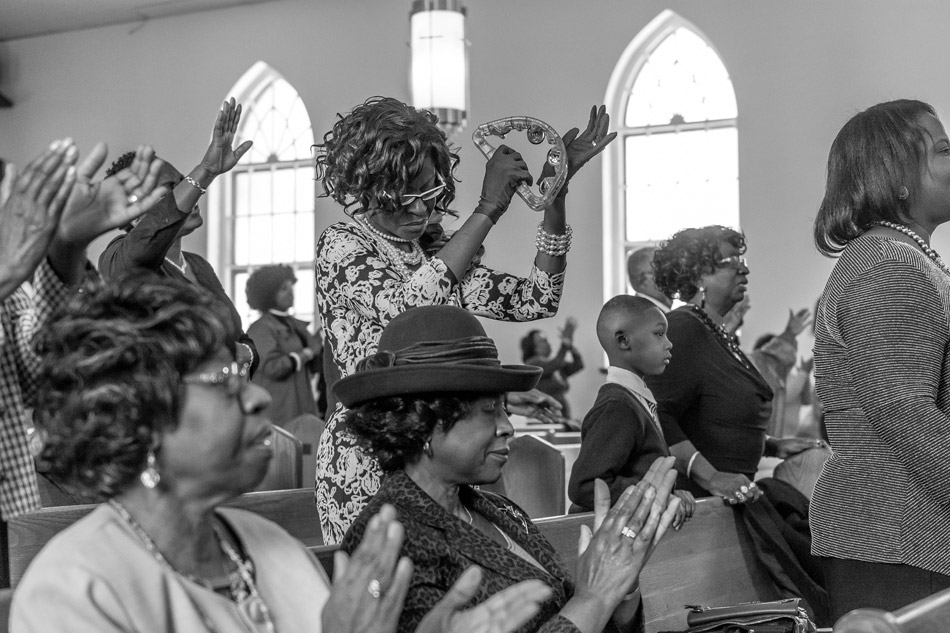
It’s certainly not the only church, though. Central Church of Christ and its founding pastor, Minister Franklin Florence Sr., have spent decades helping the Rochester area heal, and in February, Florence led a rally against racism in President Donald Trump’s administration. Other actions include working to change a panel of racist art at the historic Dentzel Carousel in Ontario Beach Park and leading other walks, rallies, and events against community violence.
According to local clergy and churchgoers, the church provides a place to not only collaborate and get energized for the next fight but to recuperate from the last battle. Spiritual healing and uplifting is part of most delivered messages, particularly including passages that discuss how those who were persecuted will be rewarded in Heaven.
But church is more than just the message. There are cook-offs and banquets, talent shows, fashion shows, and other small events that bring people together and allow them to talk in ways they can’t when seated next to each other in pews. There is an especially concerted focus on involving youth as a way to prevent violence, drug dealing and use, and encourage the next generation.
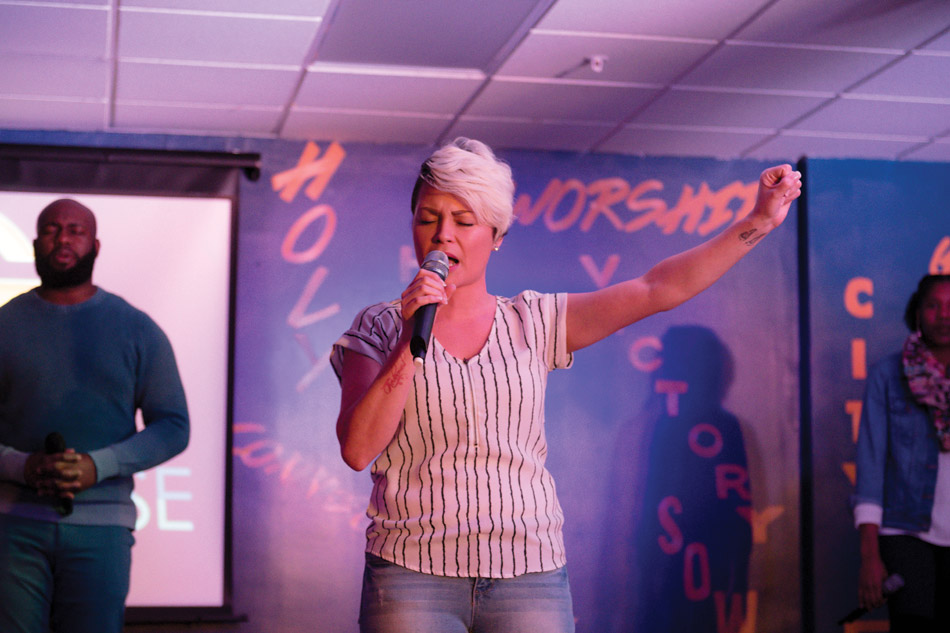
“Personally,” said Brandi D. Hayes, who attends Glory House International, “my church has served as means of support to me and my family. Truly, indeed they are our family. We affectionately say ‘This is our tribe.’ You have people praying and interceding on your behalf when you are weathering a myriad of storms in your life. They provide a biblical and spiritual foundation to strengthen your resolve and endure anything that may come your way.”
However, in the last few decades the perception of the black church has somewhat changed. For a while, church leaders were resistant to change, often sticking with traditional messages and delivery, which some local pastors say could have alienated young people. Examples include sermons that preach against homosexuality, requiring certain attire, and not allowing for expression.
“If you’re gay, forget about it,” said Christopher “Christy” Jones. Jones said he doesn’t conform to traditional gender expressions and from an early age felt left out, but he had been forced to go to church most of his childhood with his grandparents.
“It wasn’t really direct,” Jones said. “No one said, ‘You’re gay, you don’t belong here.’ But I feel like sometimes people would just stare a bit too long and, of course, you have the pastor preaching that I’m going to Hell.”
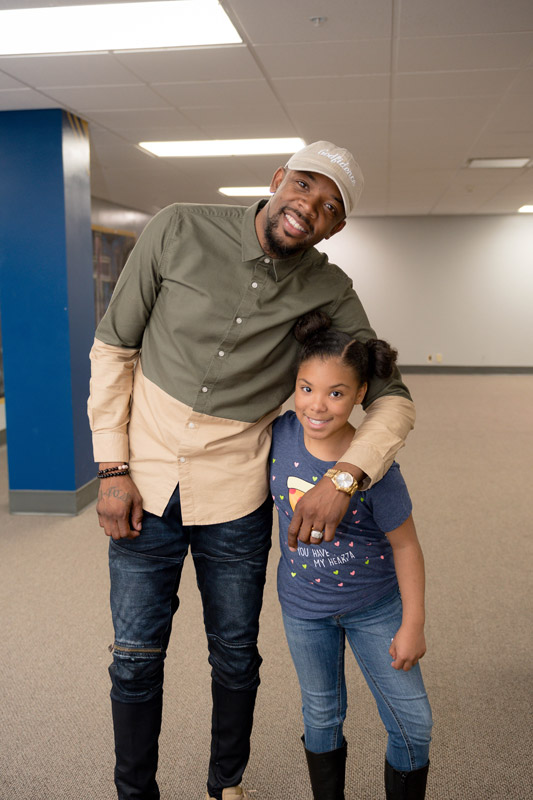
That doesn’t mean Jones’s experiences are typical of all black churches, just more traditional ones, he says. Other churches, especially those led by younger pastors, are typically more embracing but, he said, he is done with church for now, choosing instead to read the Bible alone.
“Unfortunately, the perception and the good works of the church have been tainted,” Brandi Hayes said. “But what I can assure those who have questions or may be looking for a church home is that it’s more than what you may read or see on social media and the news. The church is a refuge full of believers and non-believers and, at least at Glory House International, we accept you where you are.”
“It’s time for the church to redefine itself,” Jones said. “God is about love, and what’s crazy is that we’ve had the church to guide us for centuries, now we really need it and preachers are just closed up in there, collecting money and just preaching. Get out and help us.”
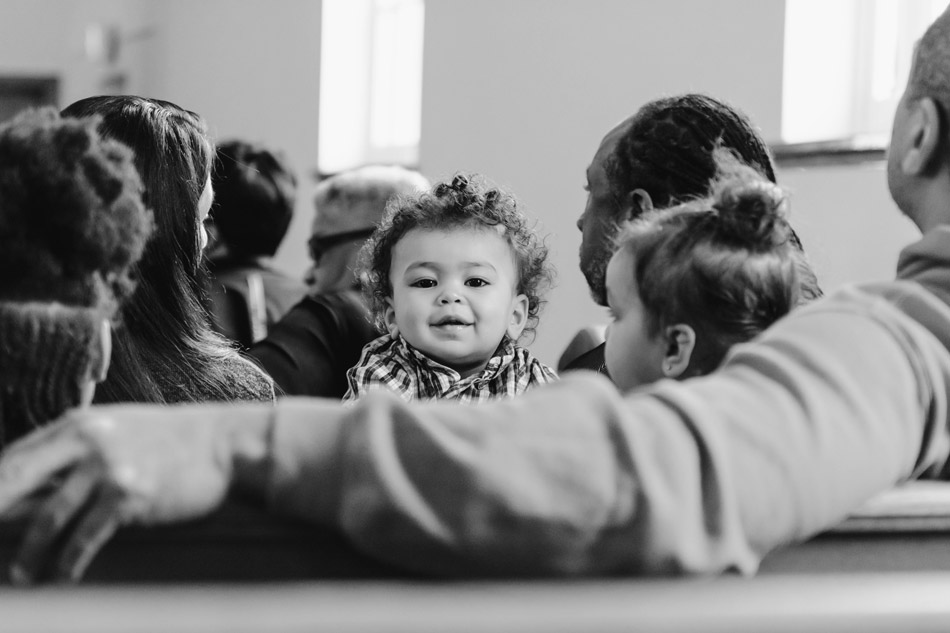
But churches, in general, are operating in a new age, and like many industries, some clergy admit they were slow to adopt changes.
Up until a few years ago, there hadn’t been a major civil rights movement not connected to the church, said Melvin Cross, pastor of Glory House International. The Black Lives Matter movement is the first, “and being an urban church, we see the plight of black and brown lives, the crises happening to these people, and if the church ignores that cry, we have a problem.”
Cross said he was inspired to become a pastor because his parents were. Most children are deterred from the career if their parents work in the church, he said, but instead he was driven more into it. He saw his parents help everyday people as much as they could, providing food, clothing, and shelter.
“We are very aware of the times and both big movements and daily needs are a focus,” he said.
However, times have changed. Overall, fewer Americans are going to church, and that means it can be harder for faith leaders to take the wheel.
“Prior to technology, people had to come to a central location, and the church in the black community has always been the center location of the community, so the minister’s voice was the loudest — and freest — in the community,” James Simmons said. “Now with media and technology, the people aren’t limited to just the church’s voice. There are more voices in the public square which is a very different dynamic.”

